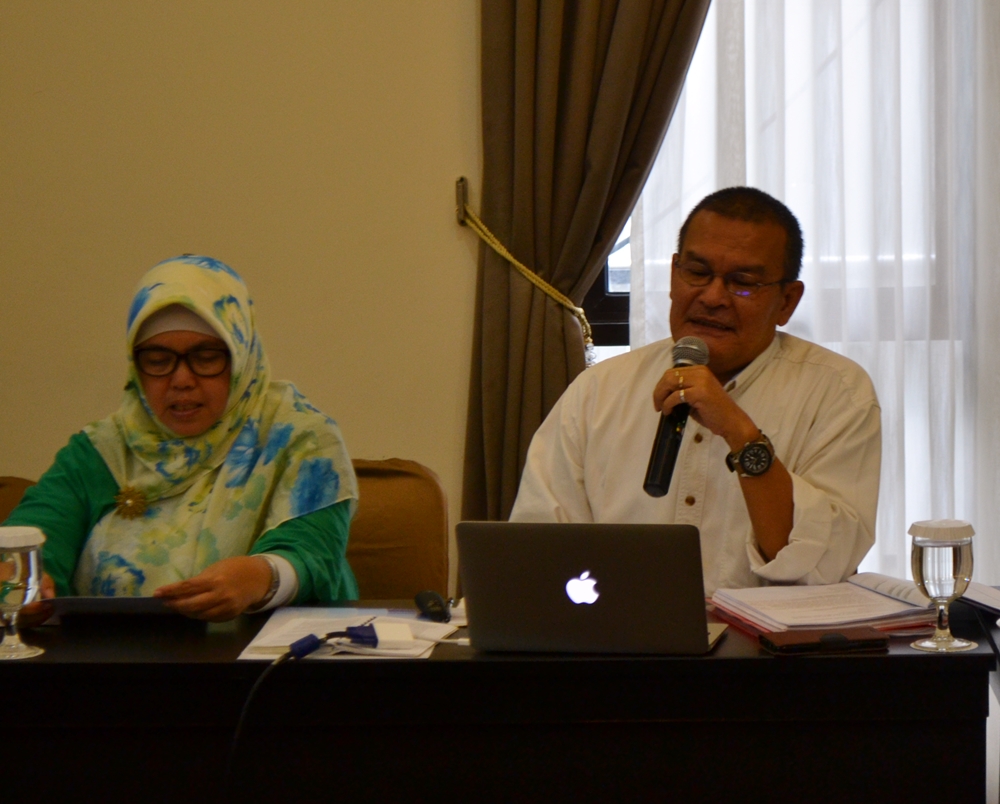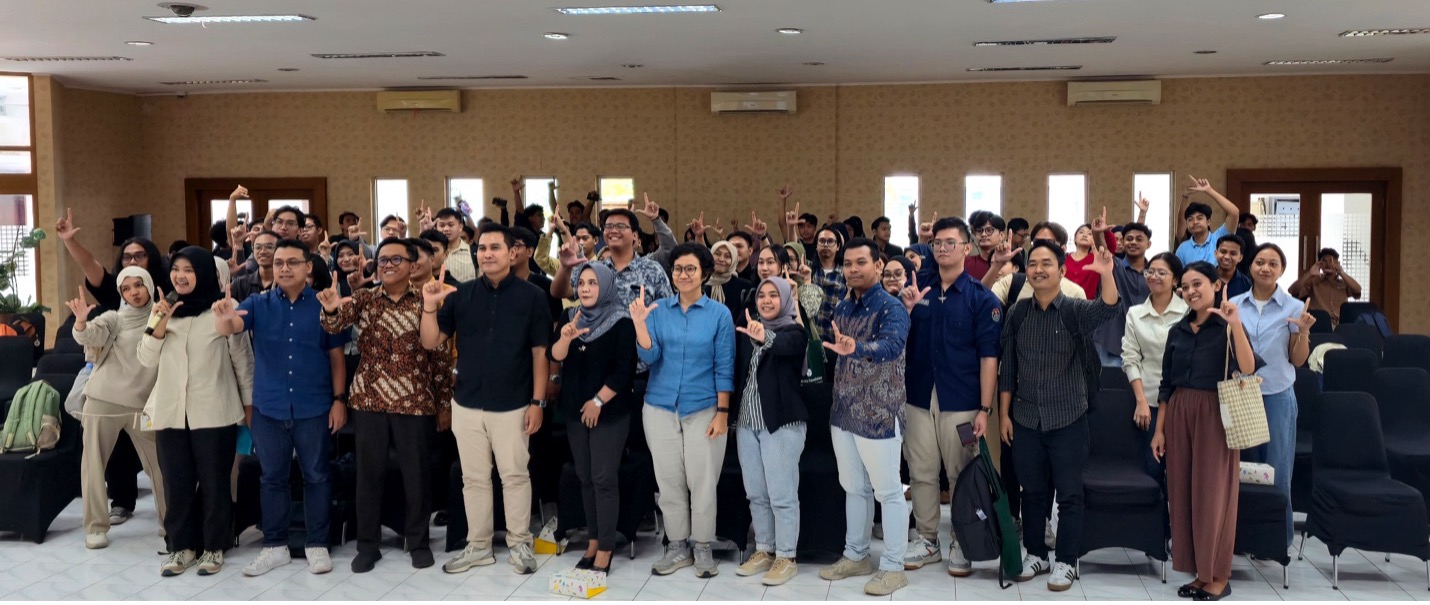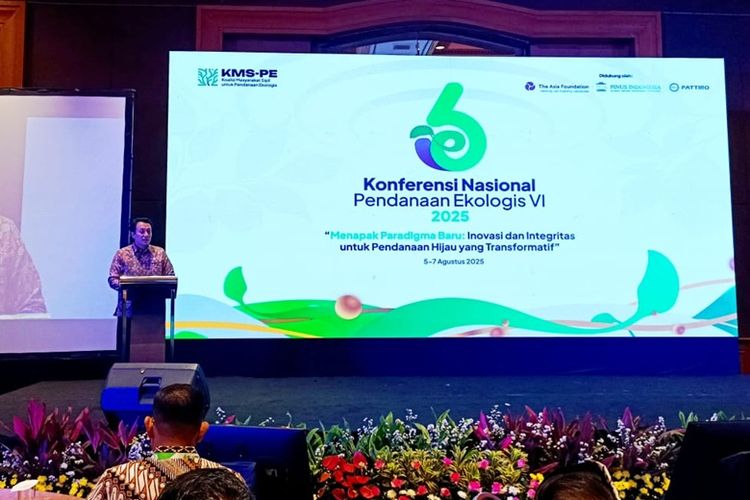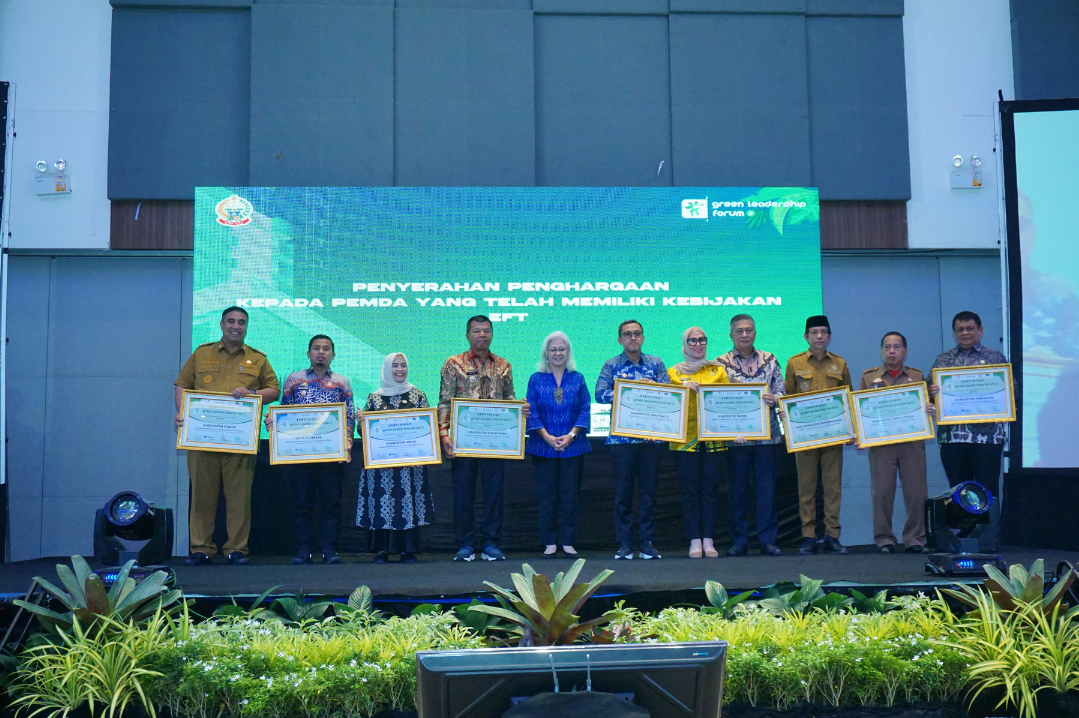By: Karina Sari*
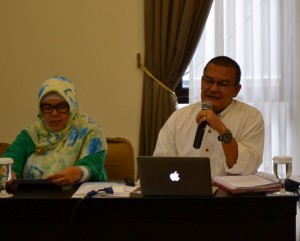 PATTIRO held a meeting with experts to discuss PATTIRO’s findings on the issue of indigenous villages and find solutions to overcome those problems, on Tuesday, 6 September 2016, in Jakarta. Attending the meeting were the PATTIRO village research team village and several experts on indigenous villages such as Indonesia University Sociology Professor Prof. Dr. Robert M.Z. Lawang and practitioner from Village and Agrarian Reform Circle Yando Zakaria.
PATTIRO held a meeting with experts to discuss PATTIRO’s findings on the issue of indigenous villages and find solutions to overcome those problems, on Tuesday, 6 September 2016, in Jakarta. Attending the meeting were the PATTIRO village research team village and several experts on indigenous villages such as Indonesia University Sociology Professor Prof. Dr. Robert M.Z. Lawang and practitioner from Village and Agrarian Reform Circle Yando Zakaria.
PATTIRO Daily Advisor Maya Rostanty, who acted as moderator of the discussion, explained that through the meeting, PATTIRO would like to invite scholars and practitioners relating to indigenous villages to cooperate in creating solutions to address the problems of the arrangement of indigenous village so that it can be run in accordance as mandated by the Village Law.
Maya added that in particular, PATTIRO also wanted to get input from experts of indigenous villages related to the draft recommendations that have been prepared. “PATTIRO wanted to know whether the draft recommendations related to indigenous villages which we compile are adequately relevant. Or, if there are recommendations that we need to remove, change, or add. We also want to get input and ideas from the experts to elaborate and formulate policy improvements related to indigenous villages,” she said.
Furthermore, during the meeting, before outlining policy recommendations that have been developed, PATTIRO researcher Indro Laksono conveyed findings of problems related to the arrangement of the indigenous village. He said that in the implementation of the Village Law, especially related to indigenous villages, there are still a number of problems encountered in the field. “In eight indigenous villages in Siak Regency, Riau Province, for example, there is still a void of regulation in changing the status of the village into an indigenous village. In addition, there is no supervision from the central government and the provincial government related to the issue. The identification process simplified into administrative processes have not been able to represent the complexity of the social dynamics of the community,” he said.
Indro said that similar problems are likely to be faced by other local governments whose society also has plans to establish indigenous villages. Therefore, PATTIRO proposed that the central government, in this case the Ministry of Home Affairs, promptly formulate and issue regulations related to the change in status and arrangement of the indigenous village.
“In the ruling, there should be at least three specific things that need to be included. First, there must be provisions for monitoring and evaluation by the provincial government or the central government on the processes of determination of indigenous villages. In addition, the process of identification of indigenous villages should be done using a qualitative approach involving academia or civil society organizations. Lastly, the Ministry of Home Affairs should immediately issue village codes for indigenous villages that have been defined in the draft of local regulations,” said Indro.
Responding to PATTIRO’s proposal, Yando Zakaria suggested that PATTIRO should recommend formulation of a government regulation concerning indigenous villages. This is because, according to Yando, the process of status change and determination of indigenous villages in Indonesia is convoluted. He stated that PATTIRO should propose the formulation of a governmental regulation, instead of a ministerial regulation. “Ministerial regulations tend to be technical in nature, while there are no regulations yet about indigenous villages at all,” said Yando.
PATTIRO and other experts present agreed that the central government needed to disseminate to local governments and communities about indigenous villages in accordance with the mandate of the Village Law. This is necessary to prevent the emergence of new interpretations and anticipate the possibility of local actors misusing their authority for political purposes. Experts also agree that the indigenous village should not be created to restore the romance of the past. Indigenous villages must adapt to the times and uphold democracy through deliberation and consensus based on the specificity of the local customary norms.
The discussions at the meeting were very interesting. The information, knowledge, and experience of experts who shared have helped enriching the policy recommendations of PATTIRO.
*) PATTIRO Activist

